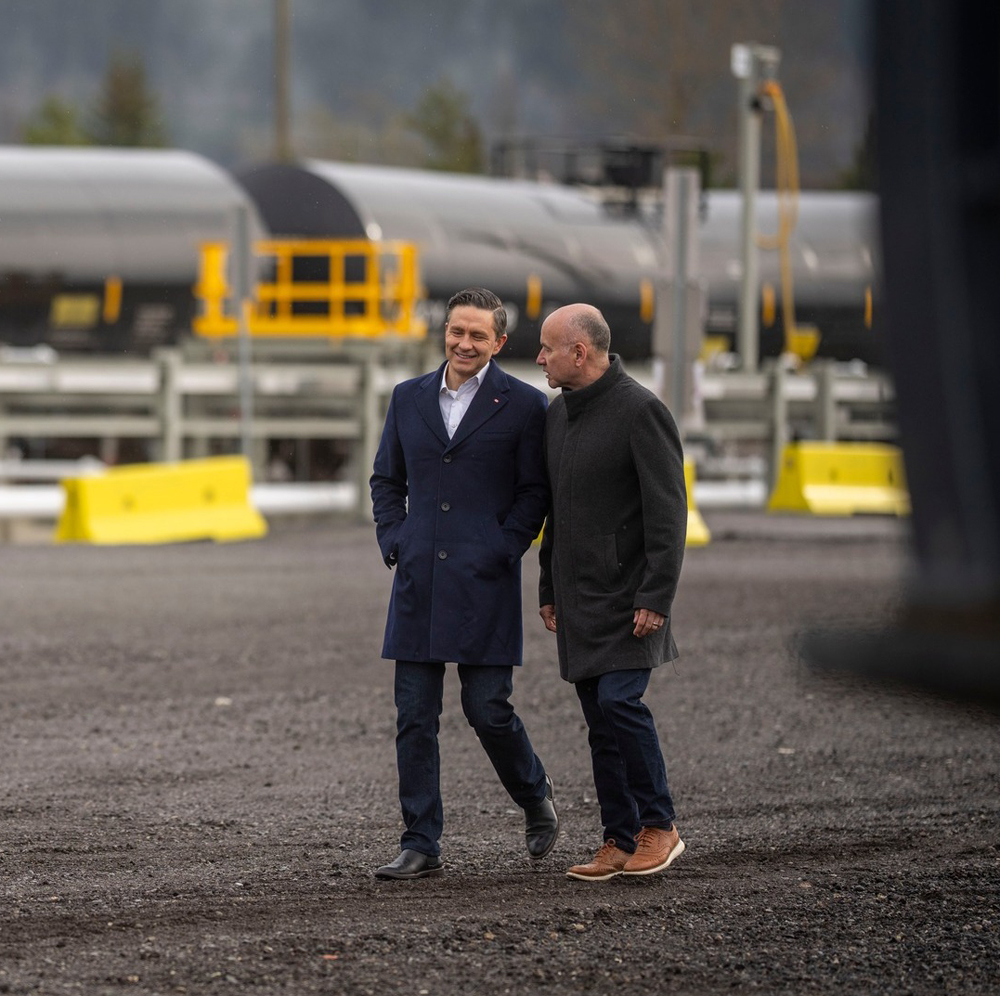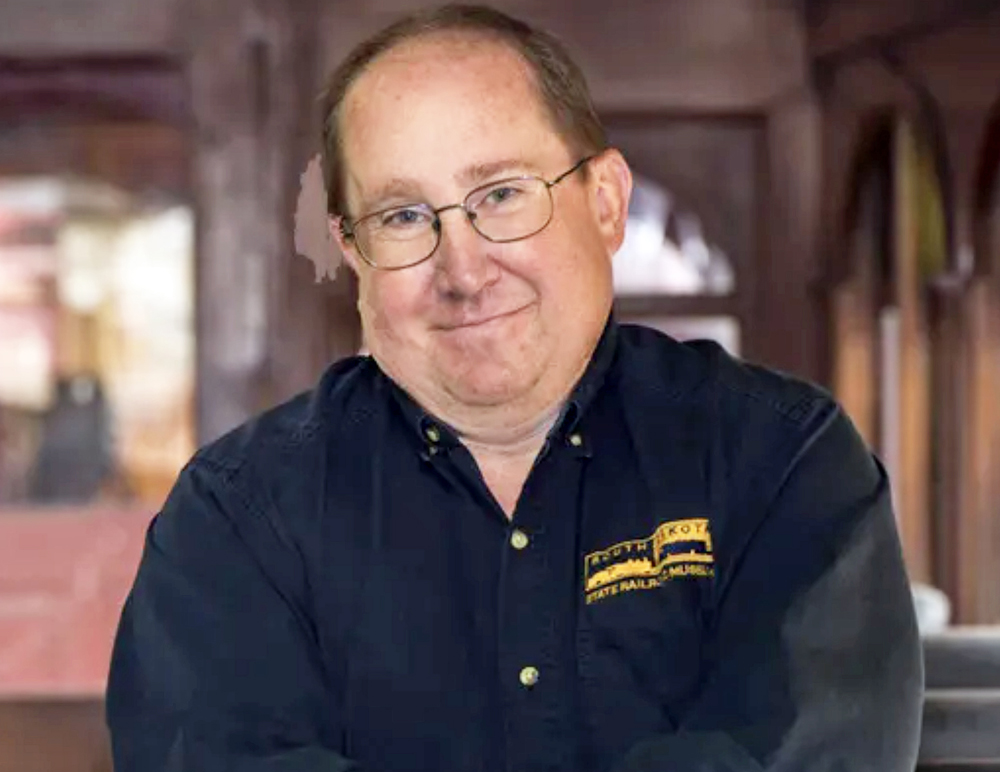Lower natural gas prices are hastening European conversion of power generation away from coal, says an analysis released by investment bank Morgan Stanley, according to Freightwaves.
Forbes says overall U.S. coal exports may decline by 15% in 2019.
While U.S. and Canadian carloads of coal averaged about 7 million annually from 2009 to 2011, according to the Association of American Railroads, they dropped to about 6 million during the next three years. They were at 5.25 million in 2015, and essentially leveled off at 4.5 million during 2016 to 2018. Coal shipments for 2019 were at 2.4 million carloads by mid-July.
Further threatening coal are improved capabilities in shipping liquefied natural gas.
“The globalization of natural gas is set to usher in a new energy transition,” says the Morgan Stanley report. “A wave of investment in LNG, which can be easily transported, is unleashing this cheap energy resource and creating a new global commodity market.”
Also driving change is withdrawal of banks, other lenders, and insurance companies from the coal industry (more than 100 since 2013), according to a report by the Institute for Energy Economics and Financial Analysis. Citing climate issues, Morgan Stanley says it will continue to reduce its financial exposure to coal.
In a recent investors’ conference call, Union Pacific officials acknowledged the softer coal market, but are taking it in stride.
“We’ve been living in a coal environment for some time,” says Kenny Rocker, executive vice president of marketing and sales, “So this is not a surprise or anything new to us.”
“Markets go up, markets go down,” says Jim Vena, UP’s chief operating officer. “We’re making the coal trains more efficient so that we can have a better return on the product we’re moving.”
Both Norfolk Southern and CSX Transportation cited declining coal exports in their second quarter financial reports.
The export decline is not limited to Europe. The U.S. Energy Information Administration says Asian markets had increased steam coal demand from less than 10 million short tons in 2016 to 20 million tons in 2017, part of an overall 61% increase of U.S. coal exports in 2017.
But even Asian markets are showing signs of decline: India bought 11.5% less U.S. coal in the first five months of 2019 compared to the same time in 2018, South Korea 31.6% less, and China 66% less, says energy information service S&P Global Platts.














Electric power companies that now use natural gas to generate electricity will not go back to using coal any more than those of us who use natural gas to heat our homes will instead convert to using coal for heating.
Mr. Carbonetti:
I don’t know which generation you grew up in, but I still question authority. I will not accept anything that the military-industrial complex says as being factual. Ask Vietnam vets what they think about the military.
Gerald:
Thank you for pointing out my error. UC Berkeley used to be a well known science and engineering school. What happened? Now we are manipulated by the social scientists who find the truth (factual truth) inconvenient.
Carl Welch,
That is the City of Berkeley(home to UC Berkeley) that has banned all uses of natural gas, not Oakland…there’s a big difference between those 2 cities and you should at least get the city correct.
Some facts for you Tom. Sources of co2 in our atmosphere. Oceans emit 42.84% of our co2 in our atmosphere. Followed by plant, animal & soil decomposition which together contribute another 57.12% to our air. Volcanoes add only about 0.03%. Add these things together and they account for 99.99% of the co2 in our air. As you noticed, man made co2 hasn’t even entered the picture yet. Does man contribute? Yes. But the amount man contributes co2 to our air is so minuscule. The activity of the sun has far more effect on our climate than anything man does. Should we be good stewards of our world? Yes. But keep it in perspective & beware of politicians or environmental groups that use this issue for ulterior motives. Many of these so called scientist & universities depend on big government grants & who knows how much that influences their findings. Whenever there is controversy, follow the money trail. Take these findings with a grain of salt. Or should I say, a grain of co2.
Guys, I don’t think we’re going to get anywhere by re-litigating climate change opinions. The bald fact is, handling coal is a labor and equipment intensive business that leaves unwanted fly-ash as a waste product.. Steam coal simply can’t compete with gas. Where there will continue to be a demand is metallurgical coal for which there is simply no substitute. At some point, as met coal is depleted, somenew–as yet unknown process–will have to be devised to supplement and then replace natural met coal with processed steam coal to fill the gap. The contention that there is a “war on coal” ignores the economics of the business, despite the political optics. Unfortunately, all the major domestic producers are in bankruptcy.
@Thomas Dupee: I don’t disagree, science seeks facts. What I am saying is man does not have the capability to grasp all of the facts at hand. They only look at the primitive ways they can measure and make large conclusions. I am simply stating man has replaced those lack of facts with suppositions of his own. A habit of all humans is when they don’t know what to blame they look at themselves.
We thought vulcanism is only a product of movements of the crust over the earths magma. Now we know that magma is also impacted by tidal events caused by the gravity of the planet Mars.
At one time we thought we knew what would make a volcano blow its top (fault movement and subduction events), but now we know that there are external forces involved that can change expectations.
I am saying the same is true about climate. There are so many other factors we may not be aware of, so we make conclusions to fill the gaps.
The decline in coal is 90% economic, 10% freebies. You can blame the greens though, we will be happy to take the credit.
Aha, then is Berkeley who are the hypocrites, not Oakland. But like a communicable disease, the greenies will spread it. Alas, first in California, then outward into the world of normalcy.
Mr. Rice: Lots of what you write is true, but there is a basic premise that renders your conclusions inaccurate. What too many people do, is start with an opinion and seek justifying arguments to support that opinion. Science does the opposite. Science begins with data and seeks a logical conclusion. The science is clear. Very clear. Yes, there are certainly factors outside of human influence that result in changes of Earth’s climate, but what humans are doing is adding a significant amount of carbon dioxide to the atmosphere. It might be “small”, but it is enough to raise global temperatures that will result in costs to us and other inhabitants.
We used to understand the common sense statement, “An ounce of prevention is worth a pound of cure”.
“Markets go up, markets go down,” says Jim Vena, UP’s chief operating officer. “We’re making the coal trains more efficient so that we can have a better return on the product we’re moving.”
Translation: The customers we have left are captive, so we will squeeze them harder so we make more and more,
He forgot the rest: … of less and less until we have all there is of nothing.
Coal will come back for a different form because while the supply of LNG is plentiful today, it will not always be that way. The US was simply blessed with all kinds of carbon based fuels, from NG, coal and oil.
As for climate change, yes, the climate has been changing since the Earth began. Climate change created all those carbon fuels (duh!) in the first place. It used to be sunny and moist over eastern Wyoming with 27 hour days millions of years ago. No man in sight, so who caused that to change?
Ask anyone who is up on human causes of climate change what a Milankovitch Cycle is and see what they say. If they have to look it up it means they aren’t paying attention.
Only man’s arrogance assumes it is the sole cause of climate change. And we don’t even know all the things that impact weather. Sheesh, we couldn’t even predict the weather with any certainty until radar came out and now even using supercomputers we can only look ahead about 7-10 days.
Is the climate changing? heck yeah!
Is man causing it? Our contribution is very, very small.
But, but the glaciers are melting! How can this be? They have been cycling back for several hundred years since the end of what was called the “Little Ice Age”. Mendenhall Glacier in Alaska retreated over 2 miles before the Industrial Revolution even took place, which was considered the beginning of mans impact to weather. (due to the large use of coal). After Krakatoa blew its top, the glaciers grew because all of the particulate circulated the earth for 2 solid years. Those 2 years were known as the “Years without Summer” because it stayed cold year long.
So you can see man alone is not enough to effect changes in weather. It’s much more complicated and relies on so many external factors that we don’t even fully understand yet.
“Man caused climate change is a hoax”
Yeah, that reminds me of that so-good movie scenario: a dozen of oil billionaires saving the World from thousands of evil climate scientists armed with PhD’s, knowledge and facts. Whew, bring the popcorn.
(Or a cigarette, Philip Morris’s chairman assured-me that this stuff doesn’t cause cancer and those thousands of evil capitalist-hating doctors are wrong too.)
First the greenies defeated nuclear energy, the most efficient energy. Then coal, the cheapest at one point, is being straggled. Gas is next as Al pointed out. The greenies won’t allow it to be shipped, piped or used. So we’ll be left with windmills on every corner, solar panels on every roof top, and not enough energy to charge up your electric 2-person car, much less enough to run our industries.
Mr. Carbonnetti, will Oakland allow electricity generated by natural gas to power the homes? If so, they are a bunch of hypocrites, shoving their “carbon footprints” in the faces of other folks around the country. This is the same game as Tesla owners claiming their cars to be “non-polluting”, when in fact they are burning 40% coal, 40% natgas, 10% oil, and the rest “renewable”. When the number of electric cars reaches a tipping point in electric power consumption, more base-load generating plants will be required, and guess how they will be powered!
Mr. DiCenso,
We are all on a power grid. The sun shines in many places when cloudy elsewhere. So, too, for wind power. MNY arts of CA have nearly constant wind, and a preponderance of sunny days.
Also, Mr. Welch, are you aware that the US military has recognized climate change as a primary threat? Have they been taken in by the “hoax?”
Mr. Welch, Lots of LNG moving out of Cove Point, MD to Europe. Natural gas fracking and transport are thriving in Pennsylvania. Three brand new gas powered generating plants totalling 12,000 megawatts on line in central PA in last 5 years. How, pray tell will Oaklandites heat their homes and cook when the sun isn’t shining and the winds are calm?
Mr. Klass, yes the penultimate goal of PSR!
Man caused climate change is a hoax and banks are falling line because the “optics” look good. Facts don’t matter. (For facts refer to Tony Heller, a scientist/engineer not feeding at the government trough.) Natural gas is on the target list, now, too. Oakland will not permit natural gas to be used in new homes. Parts of the Northeast will not permit gas pipeline construction or expansion. Another factor is that some North American ports will not accept coal for overseas shipment. The Port of Coos Bay in Oregon is not allowed to export natural gas, either. Some may think the price of natural gas is low because we have so much of it. In reality, its price is controlled, like many other commodities, by the futures market, where delivery is not required.